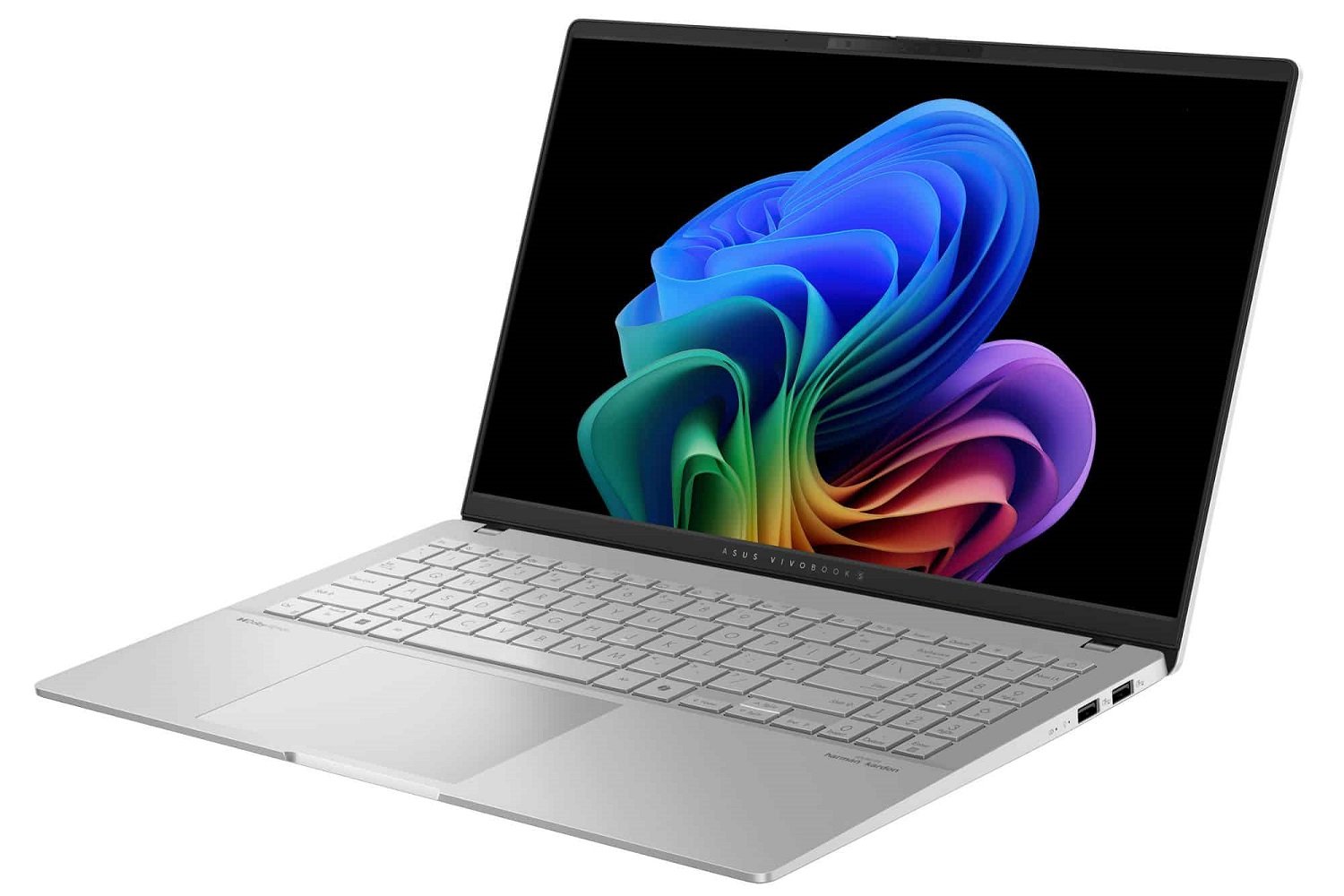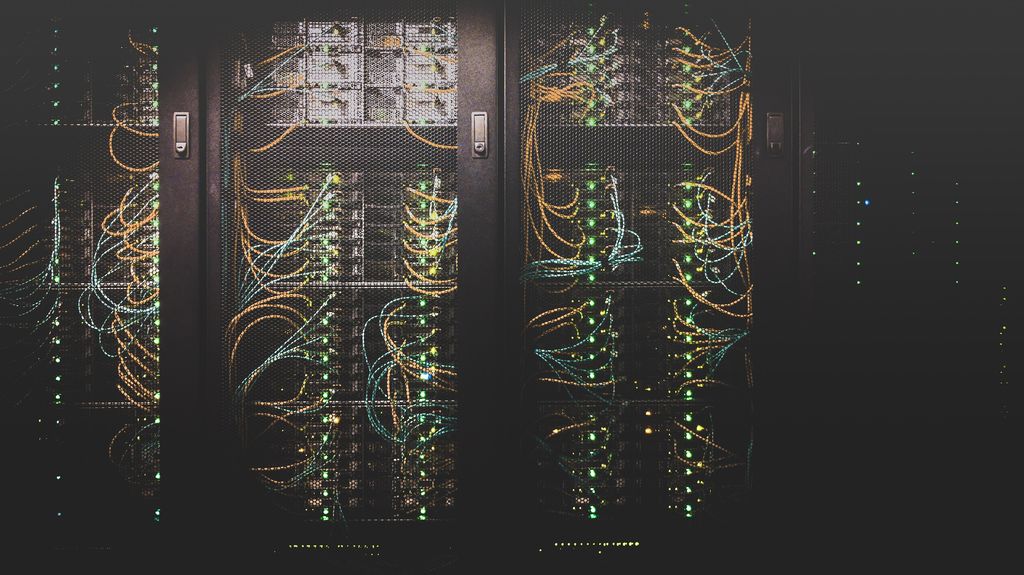Ultimate Guide to VPNs in 2024: Providing the Security of the Internet

Imagine a private tunnel carved through the vast internet, leading directly to your device. That’s essentially what a Virtual Private Network (VPN) does. It encrypts your internet traffic and routes it through a remote server, shielding your online activity and identity.
Think of it like this: normally, your internet travels openly through various checkpoints, potentially exposing your data. A VPN creates a secure, encrypted pathway, protecting your privacy and making it virtually impossible for anyone to snoop on your online activities. But the benefits of VPNs go far beyond just privacy. Here’s what you can expect:
- Enhanced Security: VPNs encrypt your data, making it unreadable to hackers and prying eyes, especially on unsecured public Wi-Fi networks.
- Geo-Restrictions? No Problem: Ever wanted to access geo-blocked content? VPNs allow you to bypass regional restrictions, letting you watch your favorite shows or access websites unavailable in your location.
- Safe Browsing: By hiding your IP address, VPNs make it difficult for websites and advertisers to track your online activity, promoting a safer and more anonymous browsing experience.
Now, let’s clear the air. VPNs are completely legal for most everyday uses. Another misconception is that VPNs significantly slow down your internet. Although some state laws will make VPN usage illegal, people still use it and in most cases, it is completely safe and legal to use VPN for browsing, streaming, and security purposes.
Now, you may ask “Are there various types of VPNs?” The answer is definitely “YES”. The market has both free and paid VPN services and all have their unique features:
- Free VPNs might be appealing at first glance, but they usually have strict limitations, for instance, a monthly traffic cap or a lot of advertising.
- Paid VPNs afford more customer support, better security protocols, and better services such as a higher number of server locations which is an interesting option for people who highly place their privacy and safety.
This guide is just the first step on your VPN journey. In the following sections, we’ll discuss in detail common VPN features, find out about the best VPNs, and answer all your questions about using a VPN in 2024. Stay tuned!
Understanding VPNs
Let’s have a look at the huge universe of VPNs and discover how they encrypt your data, conceal your IP, and consequently end up improving your online privacy and security.
Unveiling the Mystery of Internet Traffic
Imagine your internet activity as a postcard traveling across the world. By moving through different routes, i.e. post offices or sorting centers, it ultimately finds its way to its destination. From there, the identity of the sender too may be discovered, along with the message (which might not be written in a secret code).
A VPN acts as a secure envelope for your online data. It encrypts your internet traffic, scrambling it into an unreadable format. Encryption ensures that interception of the message during the communication process cannot be deciphered by any intruders who might break into your channel.
IP Address: Your Online Fingerprint
Every device connected to the internet has a unique identifier called an IP address. Think of it as your online fingerprint that reveals your general location and internet service provider (ISP).
When you browse the web without a VPN, your IP address is attached to all your online activities. This can be problematic for privacy as websites and services can easily track your movements around the internet.
The VPN Cloak of Anonymity
A VPN conceals your real IP by diverting your traffic using a remote server. A gateway server performs as an intermediate layer that hides the IP of your original device and replaces it with a substituted one.
Consequently, your IP carries the fake IP address of the VPN server’s location which means your online activity appears to come from there, offering the extra layer of anonymity.
Benefits of Using a VPN
VPNs provide numerous advantages for users seeking to enhance their online privacy and security. Here’s a closer look at some of the most compelling benefits:
| Benefit | Description |
| Enhanced Privacy | – Shields you from ISP snooping: Your ISP has a direct view of all your unencrypted online activity. A VPN encrypts your data, making it unreadable to your ISP, thereby safeguarding your browsing habits and online privacy. – Protects you from government surveillance: In some countries, governments may monitor their citizens’ online activities. A VPN helps shield your online activity from prying eyes, adding a layer of privacy. – Thwarts hackers and snoopers: Public Wi-Fi networks are notorious for being unsecured, making you vulnerable to hackers and snoopers. A VPN encrypts your data on public Wi-Fi, creating a secure tunnel that protects your information from being intercepted. |
| Security on Public Wi-Fi | Public Wi-Fi networks are convenient, but they often lack security measures. Hackers can easily steal your data if you’re not careful, especially on unencrypted networks. A VPN encrypts your data traffic on public Wi-Fi, making it unreadable to anyone trying to snoop on your connection. |
| Bypassing Geo-restrictions | Geo-restrictions block access to websites and content based on your location. For example, some streaming services offer different content libraries depending on your region.A VPN allows you to connect to a server in a different country, effectively bypassing geo-restrictions and granting you access to geo-blocked content. |
| Secure Browsing | When you engage in sensitive activities like online banking, shopping, or sending confidential emails, a VPN encrypts your data, adding an extra layer of security. This encryption safeguards your financial information and personal details from prying eyes and potential man-in-the-middle attacks. |
Legality and Potential Impact on Speed
Before diving deeper, let’s address two common concerns: legality and internet speed.
Is it Legal to Use a VPN?
In most countries, using a VPN is perfectly legal. These virtual tunnels encrypt your data and enhance your online privacy, offering a safe and secure way to navigate the internet. However, it’s crucial to remember that legality hinges on your activities. Using a VPN for illegal purposes, such as copyright infringement or hacking, remains illegal regardless of the VPN.
Can a VPN Slow Down My Internet?
Encryption adds a processing layer, and connecting to a distant VPN server can slightly increase latency (response time). However, reputable VPN providers offer minimal impact on speed, and some even boast features to optimize your connection. In most cases, the benefits of a secure and private connection far outweigh the potential for a slight slowdown.
Now that we’ve covered the basics, let’s explore the exciting world of VPN features and how to choose the best VPN service to meet your specific needs!
Choosing the Right VPN Service: Security, Speed, and Privacy
Now that you understand the power of VPNs, it’s time to choose the right service for your needs. Here, we’ll navigate the landscape of free vs. paid VPNs and explore key factors to consider when making your decision.
Free vs. Paid VPNs: Weighing the Options
Free VPN services might seem tempting, but they often come with limitations that compromise your privacy and security. Here’s a breakdown:
- Data Caps: Free VPNs frequently restrict the amount of data you can use each month. This can be frustrating, especially if you stream content or download large files.
- Intrusive Ads: Many free VPNs bombard you with advertisements to generate revenue. These ads can be disruptive and potentially expose you to malware.
- Security Risks: Some free VPNs employ weak encryption protocols or even log your data, potentially putting your privacy at risk.
Paid VPNs: A Secure and Feature-Rich Experience
Paid VPN services offer a significant upgrade in features and security. Here’s what you can expect:
- Robust Security Features: Paid VPNs utilize strong encryption protocols like AES-256, ensuring your data remains unreadable. They also often have a strict no-logs policy, guaranteeing your online activity isn’t tracked or stored.
- Unlimited Data: Stream, download, and browse freely without worrying about data caps. Paid VPNs typically offer unlimited data usage.
- Wider Server Network: Access a vast network of servers in numerous countries. This allows you to easily bypass geo-restrictions and enjoy content from around the globe.
- Better Customer Support: Paid VPNs generally provide reliable and responsive customer support to address any issues you might encounter.
Choosing the Perfect Fit: Key Factors to Consider
With the free vs. paid landscape clear, let’s delve into the key factors that differentiate paid VPN services:
- Security Features: This is paramount. Look for a VPN with strong encryption protocols (like AES-256), a watertight no-logs policy, and leak protection to ensure your data never escapes the secure tunnel.
- Server Network: A large and diverse server network translates to better performance, especially for bypassing geo-restrictions. Look for a VPN with servers in your desired locations.
- Speed: Remember, encryption can add a slight overhead. Choose a VPN provider known for offering minimal speed impact. Some providers even include speed test tools to help you find the fastest server.
- Privacy Features: Beyond a no-logs policy, consider additional features like a kill switch. This feature automatically severs your internet connection if the VPN connection drops, preventing any accidental data leaks.
- Device Compatibility: Ensure the VPN service supports your devices, whether it’s your PC, Mac, smartphone, tablet, or gaming console. Some providers offer multi-device plans, allowing you to connect multiple devices simultaneously.
- Customer Support: Responsive and reliable customer support is crucial for a smooth experience. Look for a VPN provider with multiple support channels like live chat, email, and phone support.
Considering these factors, you can choose a VPN service that perfectly aligns with your privacy, security, and performance needs. In the next section, we’ll explore some of the top VPN providers in the market and help you find the best fit for you! READ MORE…Master Your VPN: Maximize Privacy with These Features.






